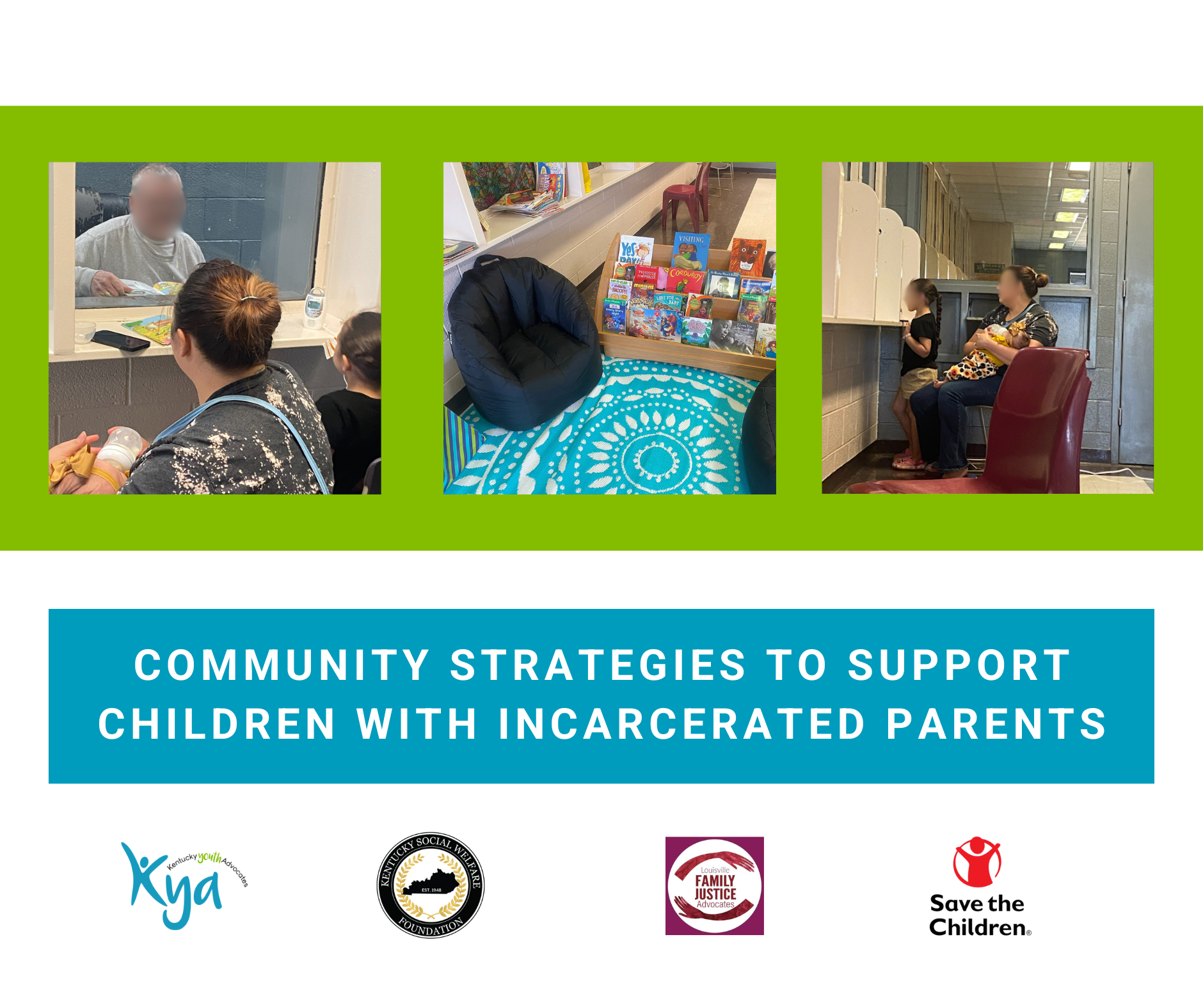By: Bruce Lesley, President of First Focus
Rarely do the pages of Esquire magazine set off a conversation among child and senior advocates, but Stephen Marche’s article The War Against Youth has done exactly that. In Marche’s column, he highlights enormous challenges facing youth and young adults in this country and concludes by making a call to make youth a national priority. As he writes, “Youth should be the only issue of the 2012 election, because all the subsidiary issues – inequality, the rising class system in America, the specter of decline, mass unemployment, the growing debt – are all fundamentally about the war against young Americans.”
In a guest post by Donna Butts of Generations United and Mary Annese Musgrave of Kentucky Seniors4Kids, “It’s Not a Fight, It’s a Family”, they speak to the notion of intergenerational cooperation and note that Kentucky Seniors4Kids has over 500 seniors in the State who are “raising their voices in support of policies that help children thrive.” We applaud Generations United and Kentucky Seniors4Kids for that.
However, this begs the question as to what that agenda should be. In Marche’s article, he calls for national action to address the enormous problems facing America’s youth and young adults, including unemployment, poverty, depressed wages, growing student loans, inability to buy affordable housing, and need to move back home as young adults to live with their parents. Surprisingly, the one policy for both senior citizens and youth explicitly mentioned by Generations United in their guest blog is the protection of Social Security. While defending Social Security and calling for an improvement to its solvency is very important in its own sense, it is simply not the answer to the enormous and mounting problems facing young Americans.
Moreover, it does not respond to the political reality at the federal level. While neither President Obama or House Republican leadership is currently threatening to cut Social Security for senior citizens, the U.S. House of Representatives passed legislation last Thursday to cut children’s health, child care, funding to combat child abuse, and the Child Tax Credit by billions of dollars. And if Social Security is threatened in any way, it is actually Social Security Income (SSI) for children with disabilities that is most at risk.
Therefore, what children and youth need is a comprehensive agenda to protect young Americans and to tackle issues, such as child poverty, poverty among young adults (31% among Kentucky’s 18-24 year-olds), infant mortality (387 infant deaths in Kentucky in 2009), uninsured children, educational attainment, college affordability, housing affordability (279,000 Kentucky children have housing costs that exceed 30% of household income), and the problem that there has been a 24% increase in Kentucky’s young adults who are not attending school, not working, and have no degree between 2008 and 2010. These issues are all highlighted by Kentucky Youth Advocates on the KIDS COUNT data center.
As Marche points out, “The United States spends 2.4 times as much on the elderly as on children, measured on a per capita basis, with the ratio rising to 7 to 1 if looking just at the federal budget.” The reason is that Social Security and Medicare provide senior citizens with a strong and critically important safety net of income and health assistance in retirement. These programs are enormous success stories, as the uninsured and poverty rates for seniors have plummeted dramatically since their inception. We should celebrate this progress for our nation’s senior citizens.
In contrast, if Temporary Assistance for Needy Families (TANF) is supposed to be for children what Social Security is for the elderly, the analogy is a very sad one, as TANF has failed low-income children and families in this recession and has left 22% of our nation’s children and 26% of Kentucky’s children mired in poverty. According to the Center on Budget and Policy Priorities, “TANF benefit levels are so low that they are not sufficient in ANY state to raise a family’s income above 50 percent of the poverty line.”
While our nation may not be “eating the young,” as Marche said, he is correct that neglecting their growing plight will reap long-term negative lifetime consequences for us all. In fact, one of those consequences is that economic hardship among young Americans weakens both the Medicare and Social Security Trust Funds. This highlights the interdependence of the generations and that we are all in this together.
The greatest generation of America’s last century survived the Great Depression, fought and defeated global tyranny, built the great American middle class, and so much more. And, as America’s growing numbers of senior citizens hit retirement age in increasing numbers, they are deeply concerned about the next generation’s future, as the work of Kentucky Seniors4Kids highlights. Recent polling shows that senior citizens believe that, by a 61-20% margin, that the lives of children over the past 10 years have become somewhat or much worse rather than better.
To that end, Butts and Musgrave are absolutely correct when they write, “We need to invest more in Kentucky’s children and older adults can make ideal partners in this effort.”
For our nation’s future, we simply cannot afford to fail the next generation.






Leave A Comment